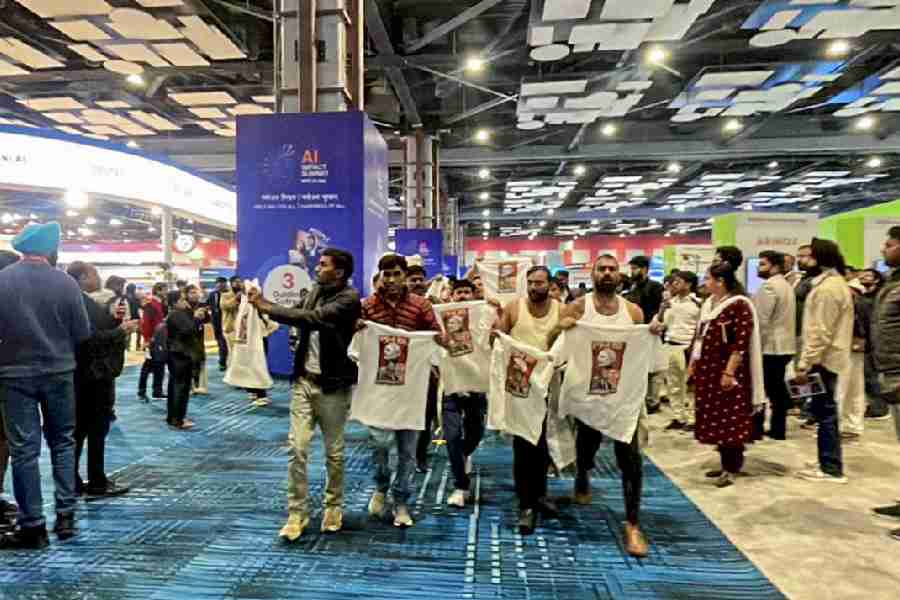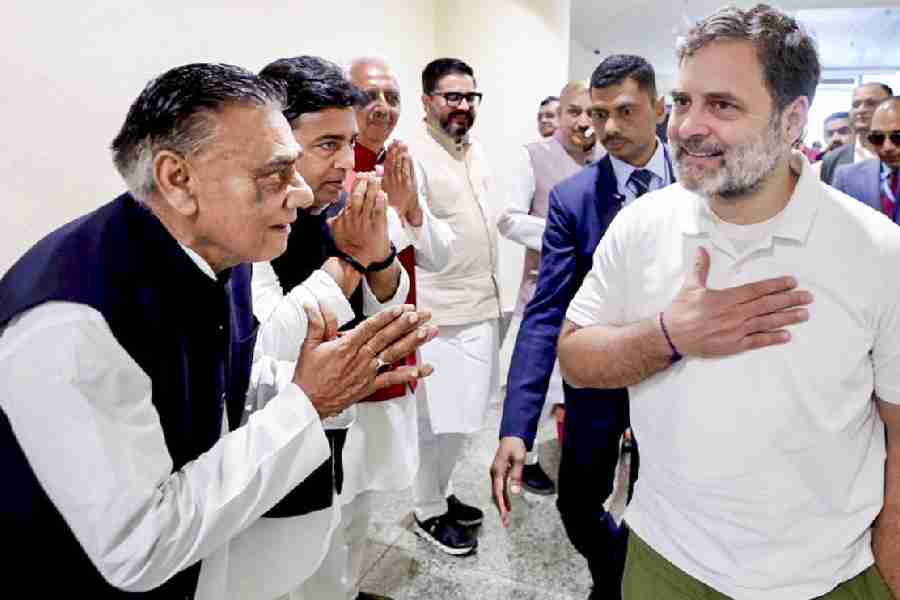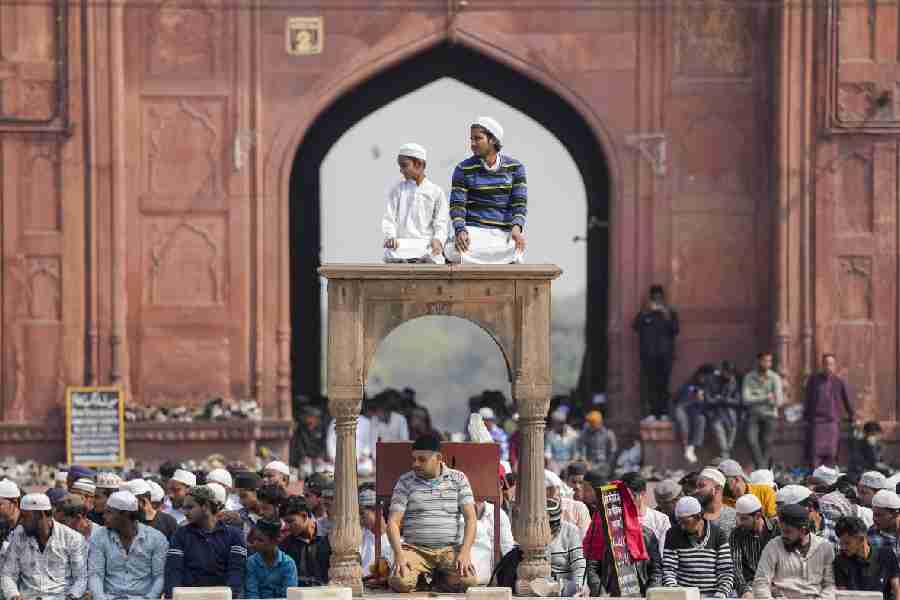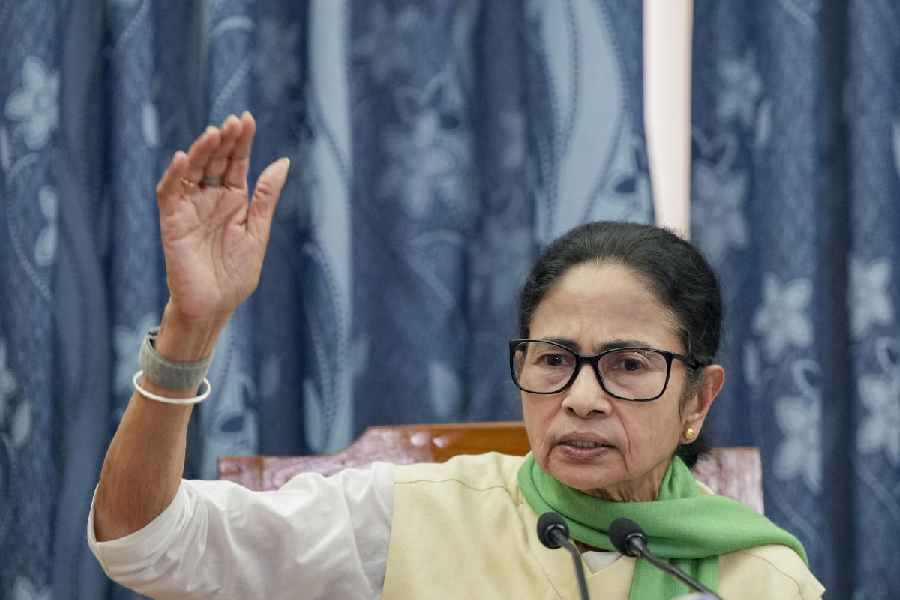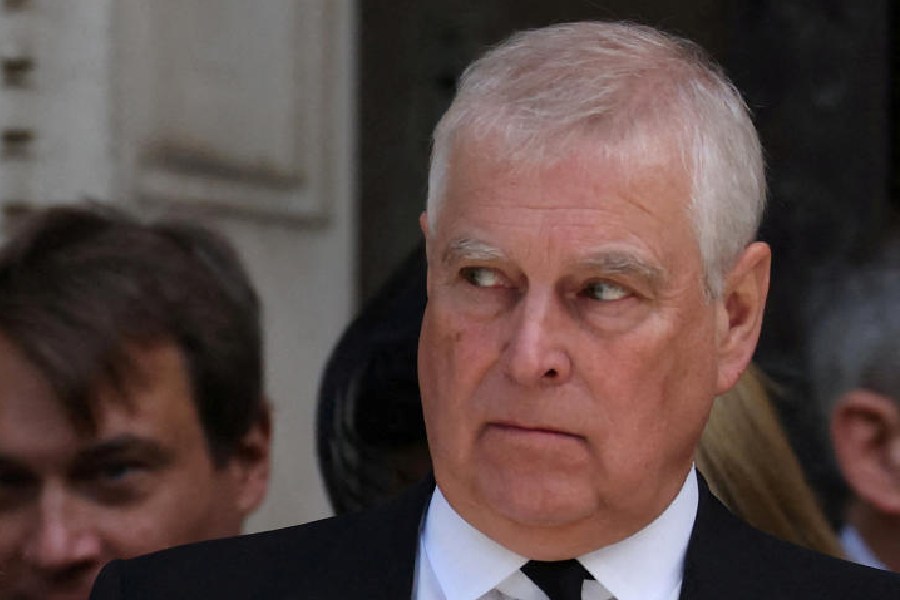 |
Verghese Kurien, who never drank milk but transformed a milk-deficient country into the world’s top producer of the universal symbol of nutrition, passed away on Sunday morning aged 90. He left behind wife Molly and daughter Nirmala.
The architect of India’s White Revolution and Operation Flood of the 1970s had been suffering from kidney disease. He died at the Muljibhai Patel Urological Hospital in Nadiad town near Gujarat’s Anand, his home for the past 63 years, at 1.15am, a statement released by a former aide said.
Kurien will have a memorial erected to him in Anand, from where he headed the Gujarat Cooperative Milk Marketing Federation, which markets the brand Amul, and the National Dairy Development Board for decades, Amul chairman Ramsinh Parmar said.
Born into a Syrian Christian family in Calicut in November 1921, Kurien was sent to Anand in 1949 as a young dairy engineer under a bond, which he had to sign when he travelled to the US to study on a government scholarship. The bond period was over in months but Kurien stayed back for his entire life.
He was cremated according to Hindu rites at Anand this evening in keeping with a wish he had expressed to his daughter, Parmar said.
President Pranab Mukherjee and Prime Minister Manmohan Singh joined chief ministers and governors in paying tribute.
In a condolence message to Kurien’s wife, Singh said Kurien’s “contribution to the welfare of the farmer and agricultural production and development of the country is immeasurable. Kurien was an icon of India’s cooperative movement and the dairy industry”.
 |
| Kurien at the National Dairy Development Board’s dairy |
Kurien had dedicated his professional life to empowering the Indian farmer through co-operatives. His main contribution was in designing systems and institutions that enabled people to develop themselves.
He played a key role in creating Amul, which broke the local trade cartel 65 years ago and paved the way for the dairy co-operative sector to flourish in Gujarat.
Amul, which started out with just two village dairy co-operative societies and 247 litres of milk, has grown to become a Rs 11,668-crore brand with milk collection of 3.88 billion litres in 2011-12.
Kurien was the first to produce milk powder from buffalo milk at a time the rest of the world manufactured powder solely from cow’s milk. Under his charge, India’s milk production increased from 20 million tonnes a year in the 1960s to 122 million tonnes in 2011.
Kurien had served as head of the National Dairy Development Board from 1965 to 1998 and the Gujarat Cooperative Milk Marketing Federation from 1973 to 2006, but his departure from the latter was forced by former loyalists who had turned against him.
He resigned in March 2006 to pre-empt the board of directors from ousting him. Three months later, he read the writing on the wall and quit as chairman of the Institute of Rural Management in Anand, which he had headed since its birth in 1979, before its board could move a no-confidence motion against him.
As the milk industry grew and private players and multinationals entered the sector, Kurien had become fiercely protective of the cooperative movement and Amul. Others, such as his onetime protégé Amrita Patel, the National Dairy Development Board chairperson, wanted to corporatise the cooperative sector and enter into joint ventures with other state federations.
Kurien was vehemently opposed to this. Matters came to a head after a very public fight between him and Amrita.
Sources said the battle within the milk marketing federation was fuelled by the BJP, which wanted to wrest the state’s milk unions from the Congress. The BJP was desperate to get into the cooperative sector and was working hard to oust Kurien.
This became evident when a Narendra Modi loyalist and former schoolteacher, Parthi Bhatol, was appointed Kurien’s successor. Kurien had been at loggerheads with the chief minister.
Modi today said Kurien’s “pioneering work gave the milk revolution, transformed India and touched us all”. He termed Kurien’s life the perfect example of “one life, one mission”.
“Kurien was committed to the farmers’ interest,” the Amul chairman said. “The only thing he dreamt of all his life was farmers’ prosperity.”
The Prime Minister said Kurien’s “greatest contribution was to give a position of pre-eminence to the farmer and his or her interests rather than those of middlemen”. He added that he had personally had a rewarding association with Kurien and benefited from his sagacity and vision.
Kurien had been awarded the Padma Vibhushan, the country’s second-highest civilian honour, as well as the Ramon Magsaysay Award for community leadership, the World Food Prize, the Carnegie-Wateler World Peace Prize and the International Person of the Year award from the US.
Paradoxically, he did not drink milk. Kurien used to say: “I do not drink milk as I don’t like it.”





